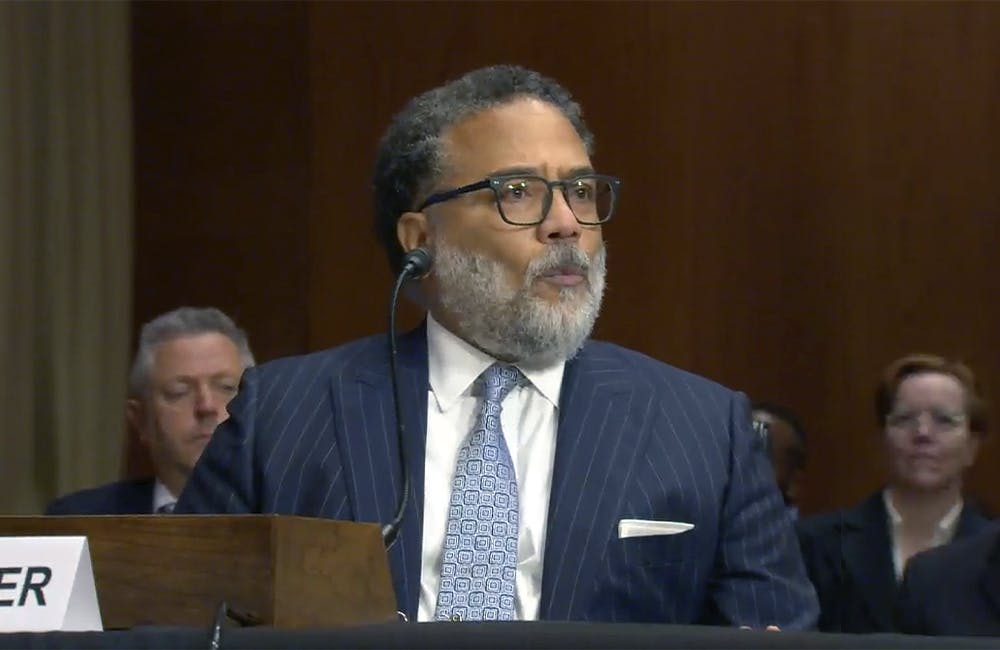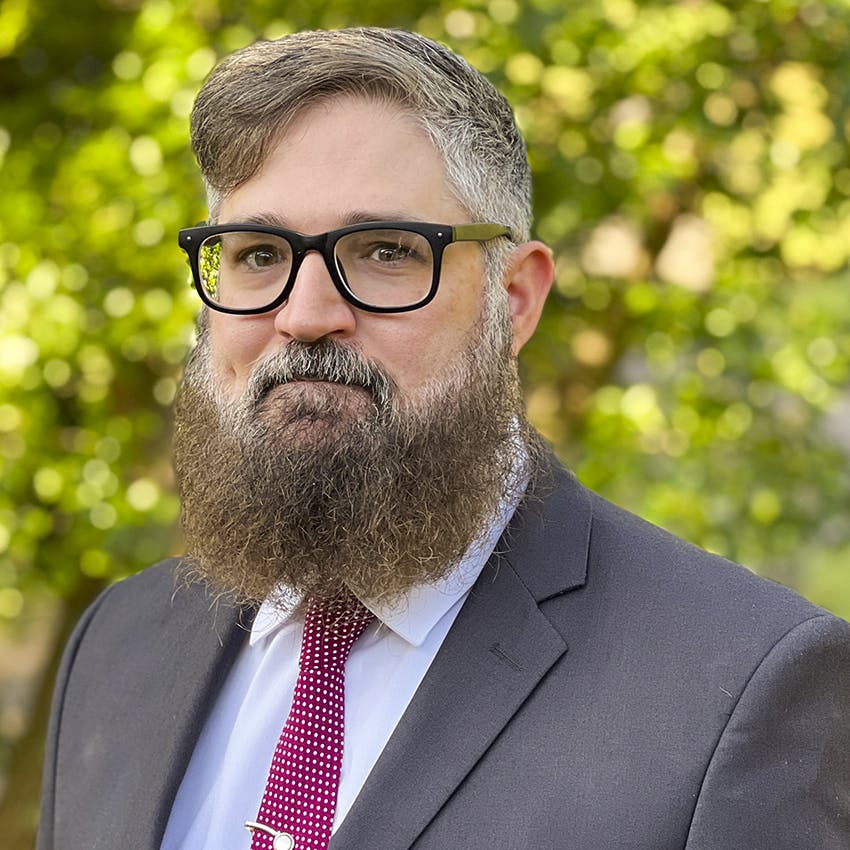Senate Confirms New White House Cyber Director
Harry Coker will be the second permanent National Cyber Director since the office’s inception.

The Senate confirmed Harry Coker to be the White House National Cyber Director on Tuesday.
Coker will be the second non-acting director since the position’s creation in 2021 and the first permanent director since inaugural Chief Chris Inglis resigned from the job in February.
Kemba Walden served as acting director after Inglis. She left the post in November, when Drenan Dudley became acting director. President Joe Biden nominated Coker to the permanent job in July.
Coker served as the National Security Agency (NSA) executive director from 2017 to 2019. Coker was a U.S. Navy officer for 20 years before he joined the CIA in 2000, where he worked at the Directorate for Digital Innovation, the Directorate of Science and Technology and other leadership roles. He is currently a senior fellow at Auburn University’s McCrary Institute for Cyber and Critical Infrastructure Security.
Dudley said in a Tuesday Office of the National Cyber Director (ONCD) statement that Coker’s “four decades of experience in the public and private sector will further ONCD’s success.”
Coker will step into the job as agencies are implementing the White House’s National Cyber Strategy and National Cyber Workforce and Education Strategy, released respectively in March and July. He will also coordinate the National Cybersecurity Strategy Implementation Plan, which the White House released in July and called “a living document” that will be updated. He will also administer a staff of more than 70 within the Office of the National Cyber Director, coordinate White House cybersecurity policy and advise the president on cyber issues.
During a hearing in November, Coker promised collaboration inside and outside of government.
“If confirmed, I will work with interagency colleagues, the private sector, Congress and many others to help foster a digital ecosystem that is inherently more defensible, resilient and aligned with our values,” he said during a confirmation hearing. “Our partners across the federal government have specific threat information that they would share to hospitals and other entities if it’s credible and timely. Our partners across the federal cyberspace also have capabilities that are available to entities … to help build and test their cybersecurity systems.”
This is a carousel with manually rotating slides. Use Next and Previous buttons to navigate or jump to a slide with the slide dots
-

Micky Tripathi: ASTP Getting a New Digital Service
Newly reorganized ONC is gearing up to tackle new priorities in AI policy and services with new personnel and divisions.
5m read -

New OPM CDO Taka Ariga Shares Approach to Human Capital, AI
The agency's new data chief will focus on establishing a modern data governance framework and expanding the AI workforce.
5m read -

TSA Scientists: Biometrics Advancements Require Legislation, Standards
Biometric advancements over the past decade have impressed researchers, who aim to achieve more as the technology evolves.
4m read -

CBP's Digital Identity Plan Hones in on Advanced Biometrics Tech
The agency is testing biometrics and AI technology to speed up traveler experiences and processing times at points of entry.
3m read








